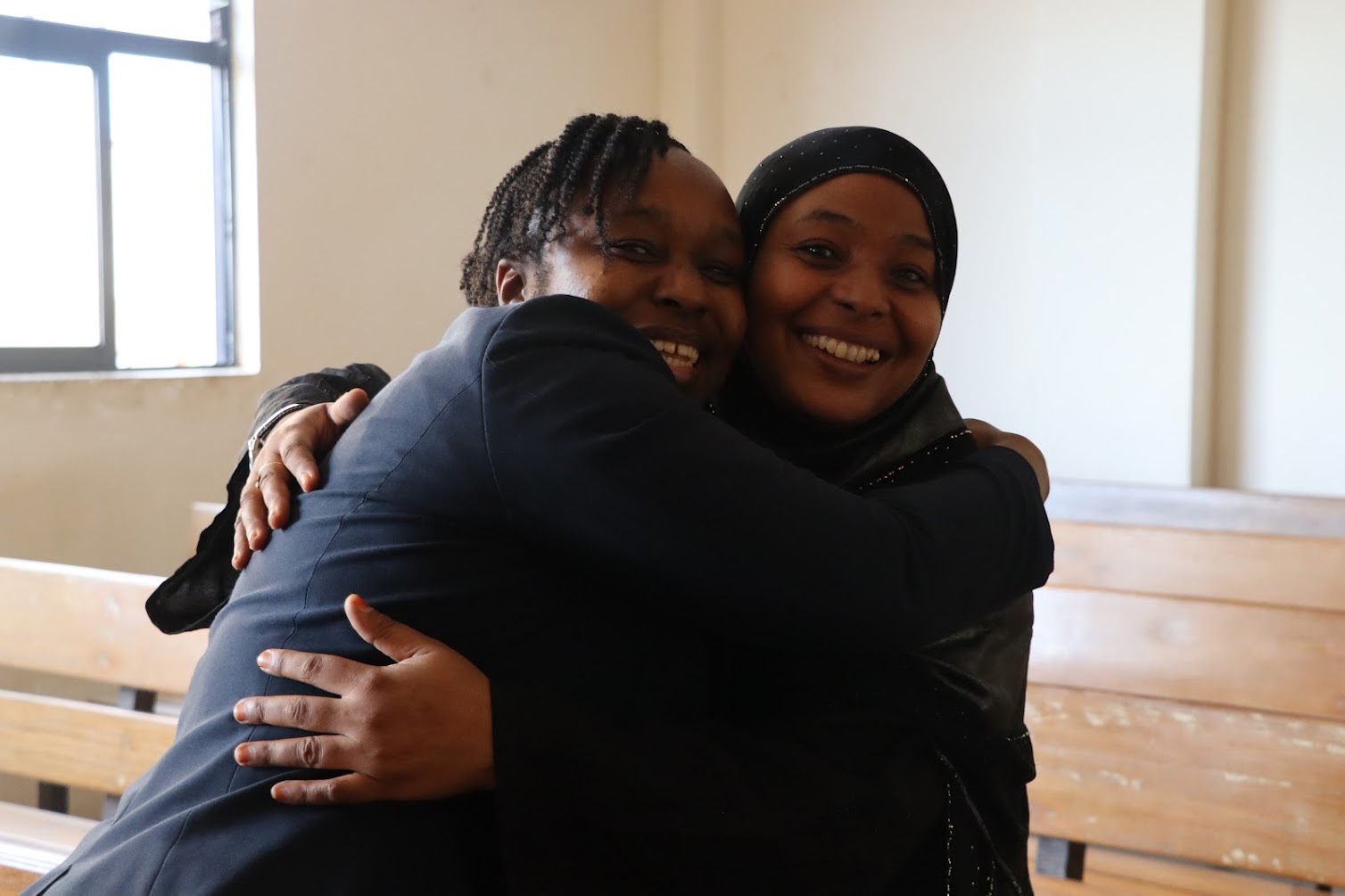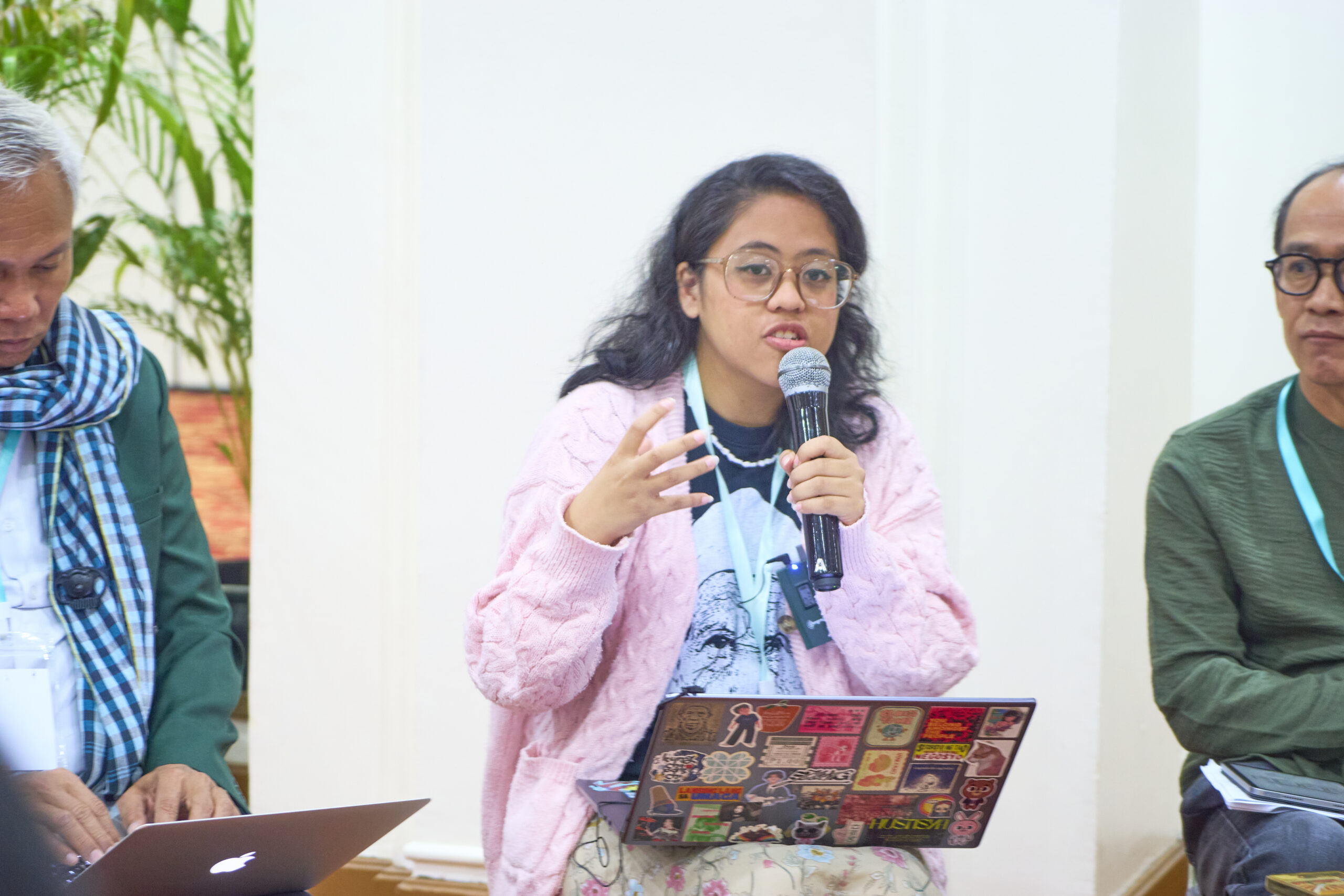The Legal Empowerment Fund (LEF) is excited to announce the recipients of its first-ever Communications Grant initiative. Through this pilot program, 10 existing grantee partners will each receive $10,000 grants to strengthen their visibility, storytelling, and public engagement.
We launched this initiative in response to what we’ve heard consistently from grantee partners: that powerful communications can help shift narratives, influence policy, and expand access to justice. Yet many organizations, especially those operating in high-risk environments or with limited resources, have struggled to prioritize or sustain communications work.
These grants aims to change that.
The Communications Grant initiative was open to the LEF’s multi-year grantee partners across the globe. We received 76 applications from nearly 30 countries, with a wide range of creative ideas, communications needs, and legal empowerment strategies. After careful review, 10 organizations were selected for their clear vision, strong local grounding, and potential to scale the impact of their communications efforts.
Why Communications?
Strong communications can be critical to advancing legal empowerment. The Communications Grant initiative aims to strengthen these efforts, supporting groups in creating impactful communications that drive justice and social change. This includes:
- Public communications that help more people know the law and understand their rights
- Storytelling that highlights barriers to legal access and awareness-raising efforts that improve outcomes for communities
- Strategic campaigns that shape the law by mobilizing the public and influencing decision-makers
The selected projects range from localized legal education campaigns and digital awareness tools to grassroots storytelling and video documentation of legal struggles. Each grantee partner brings deep, grounded expertise in their context—and fresh ideas for how communications can support their work and engage the communities they serve.
The full list of organizations is provided below, excluding two grantee partners whose work requires confidentiality due to its sensitive nature.
Meet the Grantee Partners
These eight organizations, spanning multiple regions and issue areas, are using legal empowerment to advance justice in their communities:
1. Thai Poor Act (TPA) | Thailand
Thai Poor Act is the legal arm of the Assembly of the Poor, a nationwide grassroots movement of rural and urban communities affected by land grabbing, development-induced displacement, and other rights violations. TPA provides legal aid, popular education, and advocacy, with a focus on peasants’ rights and state accountability.
With support from this grant, TPA will localize and promote the UN Declaration on the Rights of Peasants (UNDROP), a powerful but often inaccessible tool for rural communities. Planned activities include translating illustrated UNDROP booklets, dubbing an explainer video into Thai, and producing new videos using real-life examples from Thai peasants’ struggles.
The project will reach over 10,000 households across 35 provinces and engage decision-makers to push for legal and policy change grounded in the UNDROP.

2. Peace Point–Myanmar (PPM) | Myanmar & Bangladesh
Peace Point–Myanmar was founded by Rohingya activists to promote human rights, civic education, and interfaith dialogue. It works with marginalized ethnic and religious communities—especially the Rohingya—across Myanmar and in refugee camps in Bangladesh.
Building on its successful “Migration Diary” campaign, PPM will use this grant to deepen its anti-trafficking communications efforts. Activities will include producing nine educational videos in the Rohingya language, running interactive Facebook quizzes, and holding an article-writing competition. The organization will also offer online training sessions on trafficking prevention and legal protections.
Given the volatile situation in Myanmar, digital communications remain a critical and safe strategy for reaching high-risk communities.
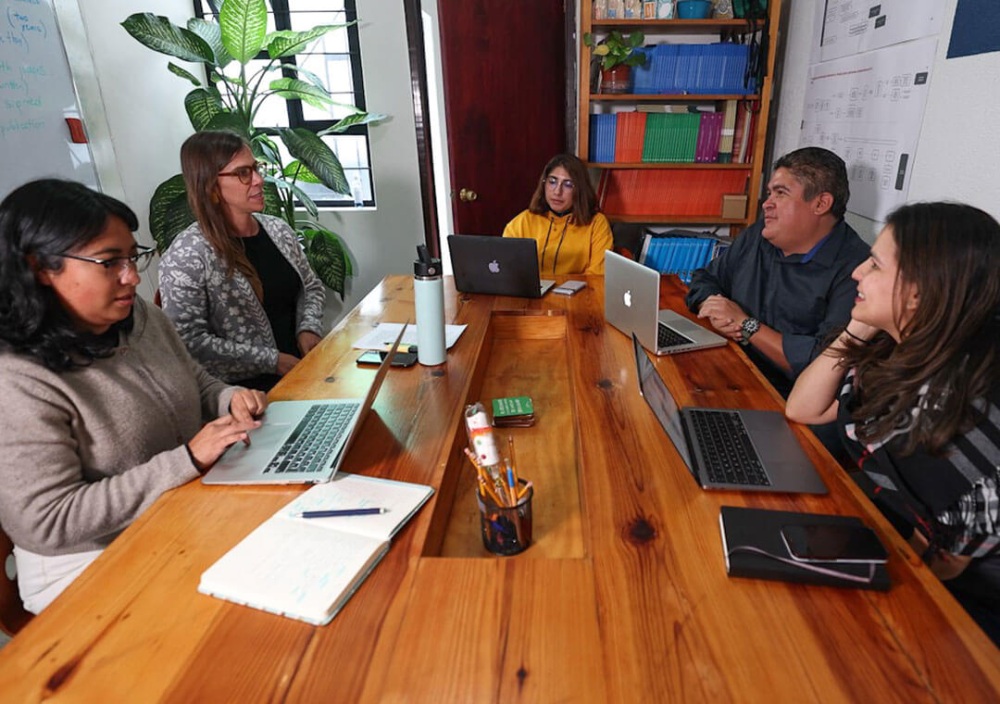
3. Oficina de Defensoría de los Derechos de la Infancia (ODI) | Mexico
Oficina de Defensoría de los Derechos de la Infancia (the Office for the Defense of Children’s Rights) defends and promotes the rights of children and adolescents in Mexico through legal advocacy, psychological support, and public engagement. It works with families, therapists, litigators, and educators to improve protections for young people.
With this grant, ODI will develop a formal communications strategy to scale its impact. It will produce social media campaigns in accessible language, child-friendly graphic materials, and videos tailored to different age groups. The organization also plans to engage professional networks and raise awareness to prevent sexual violence and strengthen a child-centered justice system.
4. Defence for Children International (DCI-SL) | Sierra Leone
defenceforchildren.org, defenceforchildrensierraleone.org
Defence for Children International–Sierra Leone supports children in conflict with the law, those who have experienced violence, and young people in need of legal assistance. It also promotes juvenile justice reforms and legal empowerment for youth.
Through this grant, DCI-SL will conduct an audience survey and develop a new communications strategy. It will relaunch its website, update key materials, and train staff and youth in digital design and content creation. These improvements will strengthen engagement with communities, government officials, and young people alike.
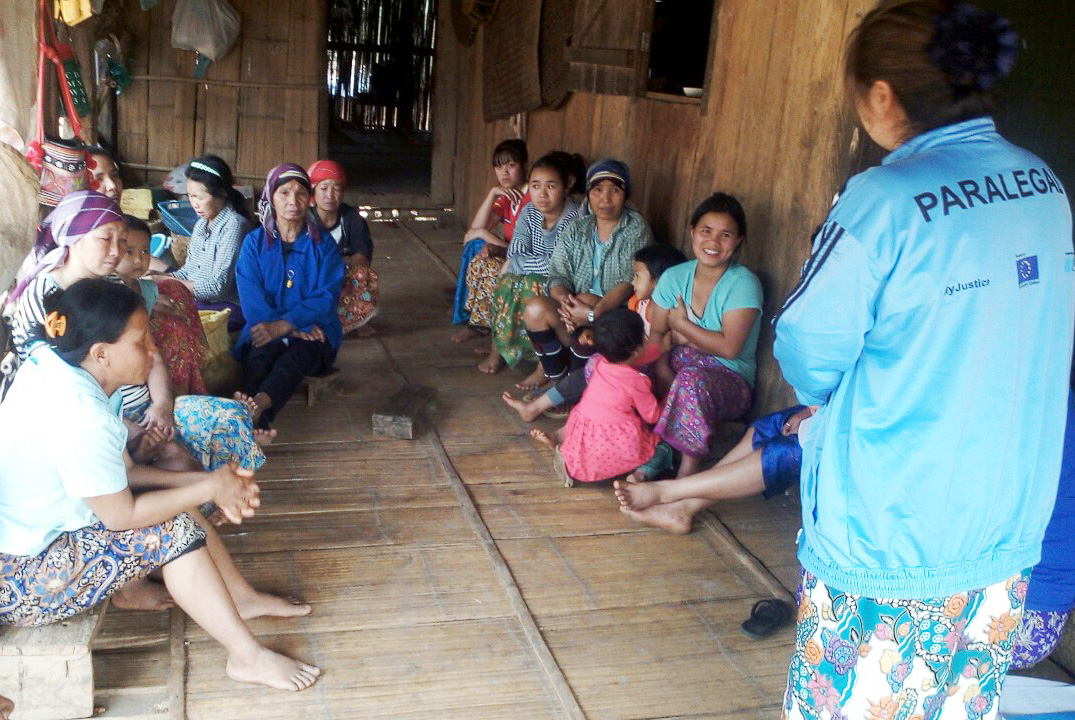
5. Braveheart Foundation | Myanmar
Braveheart supports people in Myanmar who have no access to civil documentation—particularly among ethnic minority and marginalized communities—hindering their access to services, mobility, and rights. It also promotes community-based paralegals through the Myanmar Legal Empowerment Network, which includes over 900 members.
This grant will help Braveheart create and share legal education materials including infographics and videos in multiple languages. The organization will also train staff and network members in digital storytelling, and launch public campaigns on platforms like Facebook. These efforts will help sustain grassroots legal empowerment and improve access to legal knowledge.
6. Basta Racismo | Mexico
Basta Racismo is a multidisciplinary collective challenging racism through activism, research, and community engagement. It leads FOCO, a legal empowerment program for Afro-descendant councils in Mexico.
With this grant, the group will launch “FOCO en FOCO,” a docuseries codirected by Afro-descendant filmmaker Mena Becerril. The series will be screened publicly and in the Mexican Congress to influence legislative change. Basta Racismo will also produce training materials and an open-access hub to support long-term use of the materials.
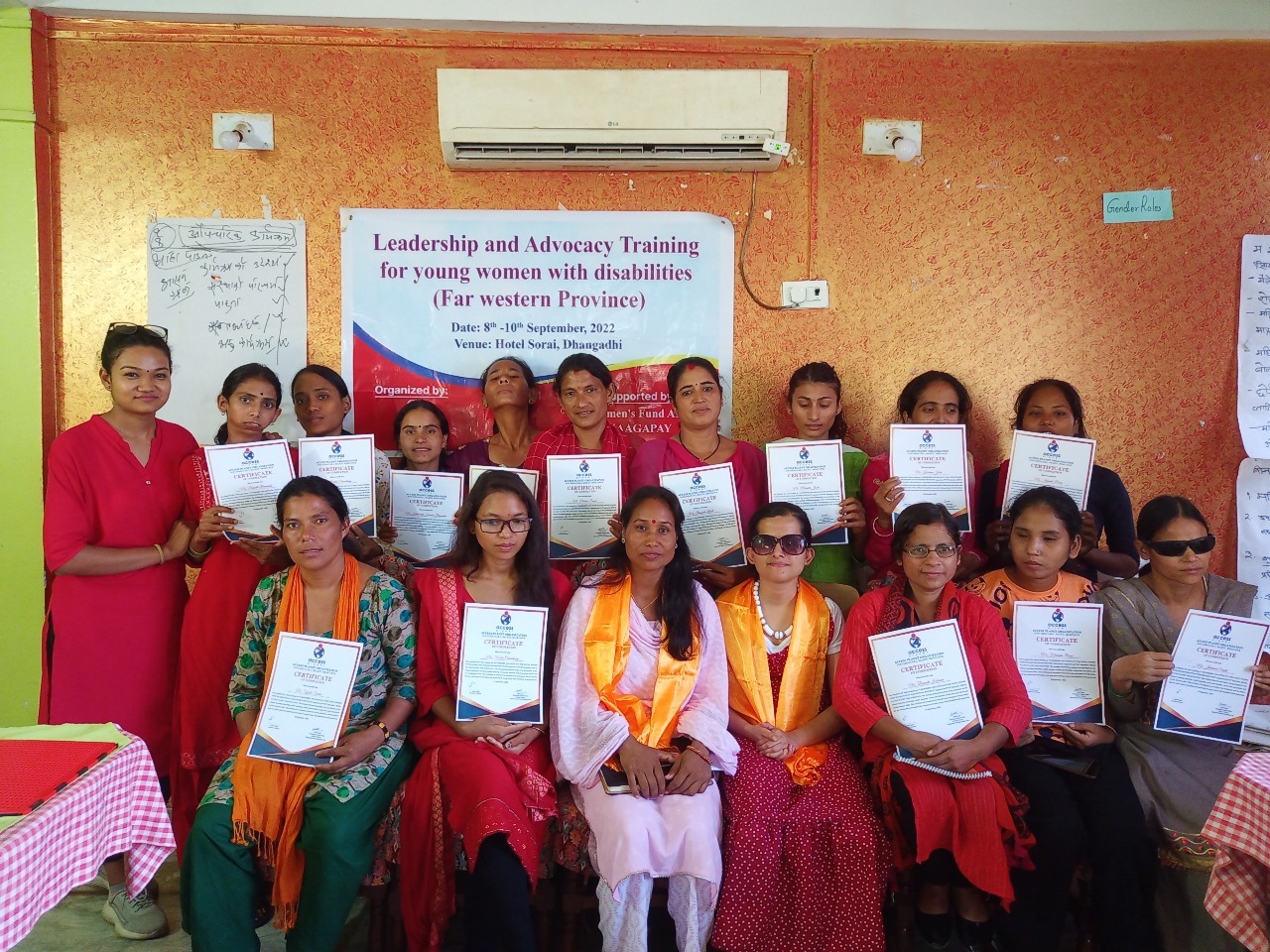
7. Access Planet Organization (APO) | Nepal
Led by young women with disabilities, Access Planet works to promote their rights, inclusion, and leadership in Nepal. The organization focuses on quality education, political participation, and digital empowerment.
Through this grant, APO will develop a comprehensive communications strategy and launch a podcast series featuring voices of women with disabilities and legal experts. It will also organize journalist workshops on ethical storytelling, produce creative social content, and hire a part-time communications officer to strengthen visibility and outreach.
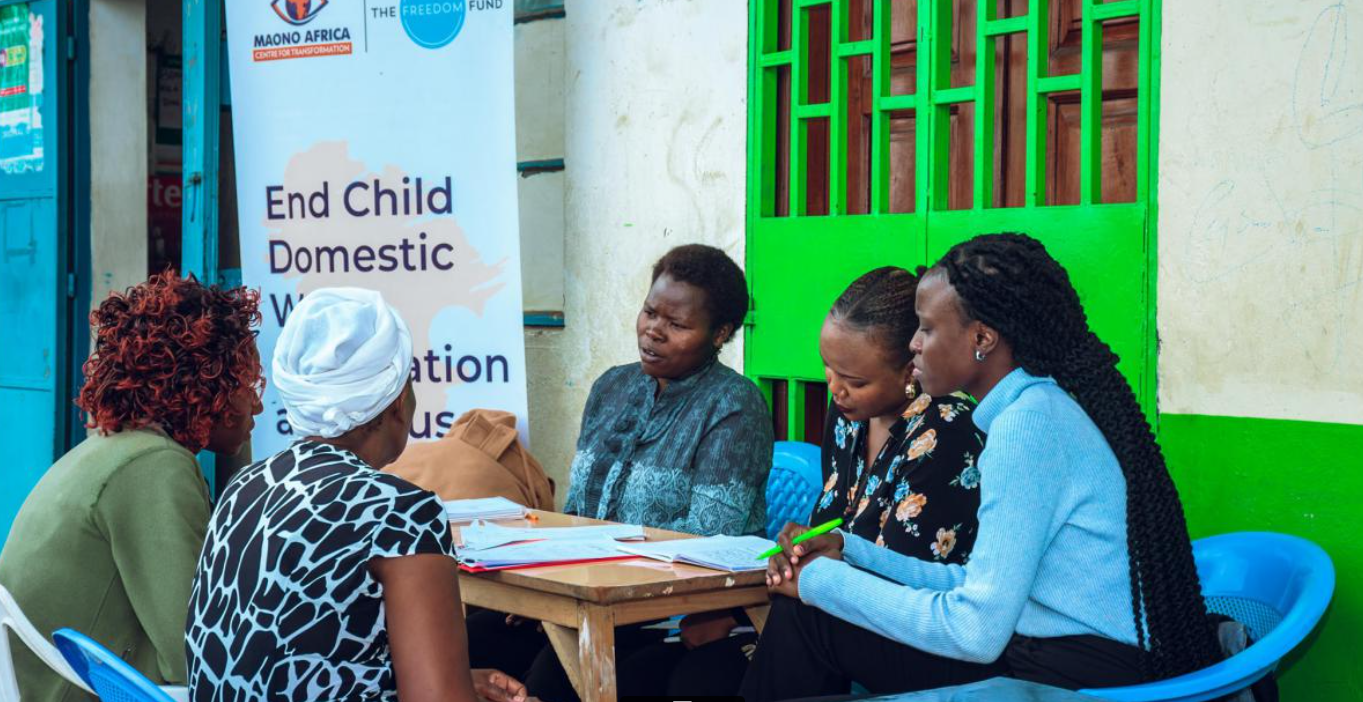
8. Amka Africa Justice Initiative (AAJI) | Kenya
Amka Africa advances the rights and dignity of intersex persons in Kenya through legal advocacy, public education, and community-based support. It played a pivotal role in securing recognition of intersex persons in Kenya’s 2022 Children Act.
With this grant, Amka will produce a documentary about its legal advocacy journey and the lived experiences of intersex people. The film will be screened to policymakers, communities, and civil society across Africa. The organization will also create comics, manuals, and digital content to explain legal rights in accessible ways, and invest in cybersecurity and system upgrades for safer online engagement.
What’s Next
This pilot program is part of the LEF’s broader commitment to legal empowerment that is people centered, community led, and rooted in visibility and voice. Over the next year, we’ll be sharing lessons learned and amplifying stories from these 10 grantee partners on our platforms.
Stay tuned—and follow their journeys.
